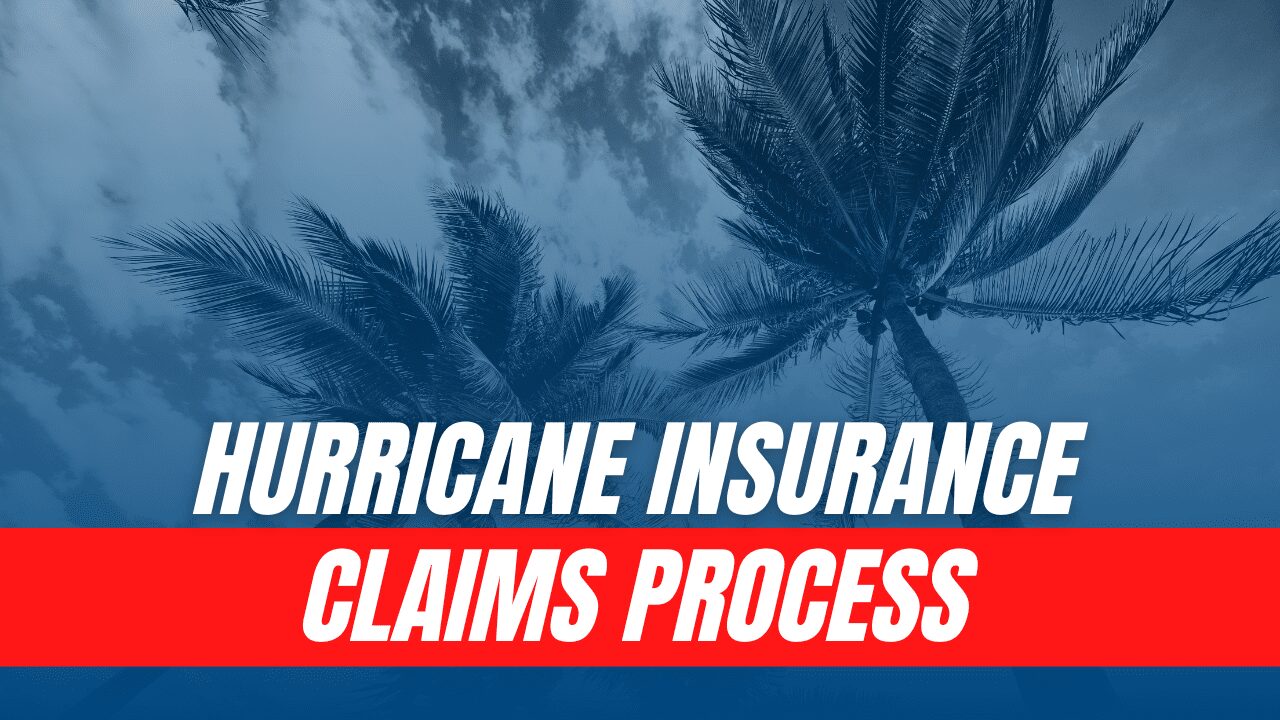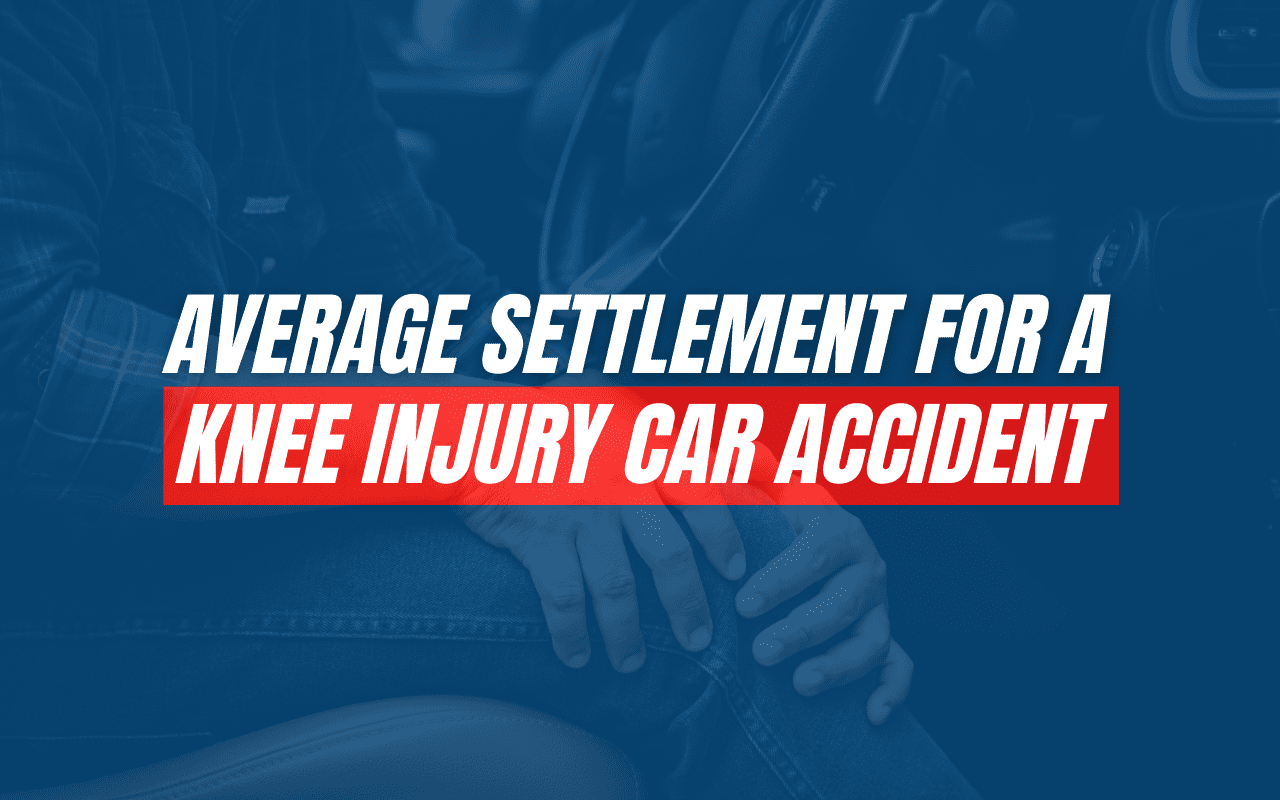
Hurricane Insurance Claim Process
How To File A Hurricane Damage Insurance Claim
As hurricanes become stronger and more common, it’s important to know what to do if your home is caught in a storm. If your property is damaged by wind, rain, or anything else, you’ll need the plan to get your life back on track. In order to get insurance money for hurricane damage, you have to file a claim. With technology rapidly improving, this hurricane insurance claim process is easier than ever before. If you’re not sure where to start, here are four tips that will help jumpstart the claims process. If you have additional questions or a complex claim, it’s highly recommended that you speak with a Miami property damage attorney right away.
1. Contact Your Insurer As Soon As Possible
Don’t take any risks after a hurricane. Many people think they can handle repairs themselves post-storm, but small things like electrical wires and wet surfaces create huge safety hazards. Be sure to put your safety above all else.
Your first instinct after a storm might be to survey the damage and start making repairs, but it’s actually best to contact your insurance company as soon as possible. They will help you develop a repair plan that adheres to your policy and makes sure your home is safe before beginning work. Furthermore, they can begin processing reimbursement claims for losses such as electronics, furniture, appliances, or any other property that was damaged by the storm.
Even though you have a lot to handle after the hurricane, staying in communication with your insurance company is key. Providing them with all the details they need will help speed up your hurricane insurance claim process and get things back to normal more quickly.
2. Document The Losses For Your Claim
Remember to document all the damage done to your property during a disaster — including taking pictures, estimating value, and listing when you bought each item. This will help your insurance agent process your claim more easily. In addition to documenting the damage with words, use your smartphone to take pictures of the affected areas.
Take photos of property damage with ample lighting and from multiple angles for the best results. Move further away to include the entire object or area in the frame, then draw nearer (while maintaining your safety in mind) to get close-up shots revealing identifying details like brand names and model numbers. Having strong visual evidence can speed up the process of filing your hurricane damage claim and increase the chances of getting a full reimbursement.
3. Know How Your Policy Handles Repairs
Understandably, you want to start repairing your home as soon as possible after a hurricane. However, if you begin repairs before an insurance adjuster assesses the damage, it could affect how much money you receive from your claim.
Always consult with your insurance company prior to beginning any repairs. You might be able to band-aid fixes, but we recommend always getting confirmation from your insurer first in order to not hinder your claim. They are the experts and can help you assess what needs immediate attention vs. what can wait as well as tell you what coverages may apply that could make the entire process easier on your family- like temporary relocation expenses.
4. Keep Track Of Receipts And Expenses
Staying connected with your insurance company during hurricane recovery is crucial to learning which of your related expenses are policy-covered. Every policy varies, but you may be surprised that items like hotel stays are often covered if rendered unlivable, ask your insurer about adding these types of receipts to your claim.
Though the storm may have ended, that doesn’t mean the hard part is over. In fact, post-storm recovery often takes much longer than we anticipate. However, by keeping regular communication with your insurance company and following these steps, you can start to rebuild what was lost and be prepared for whatever future weather events come your way.
If You’re Not Satisfied With Your Settlement Offer
If you and your insurer can come to a quick agreement on a claim settlement, that would be ideal. However, keep in mind that adjusters often cannot provide an exact number, so do not blindly accept their offer. One issue that hurricane victims commonly face is insurers denying coverage due to an “anti-concurrent causation” clause. This clause essentially means that if multiple issues damage your home at the same time but only one is covered by your policy, your insurer could refuse to pay for any of the damages. If you’re not satisfied with the settlement options offered by your insurer, contact Florida Legal today to speak with our Miami property damage attorney for a free consultation.



